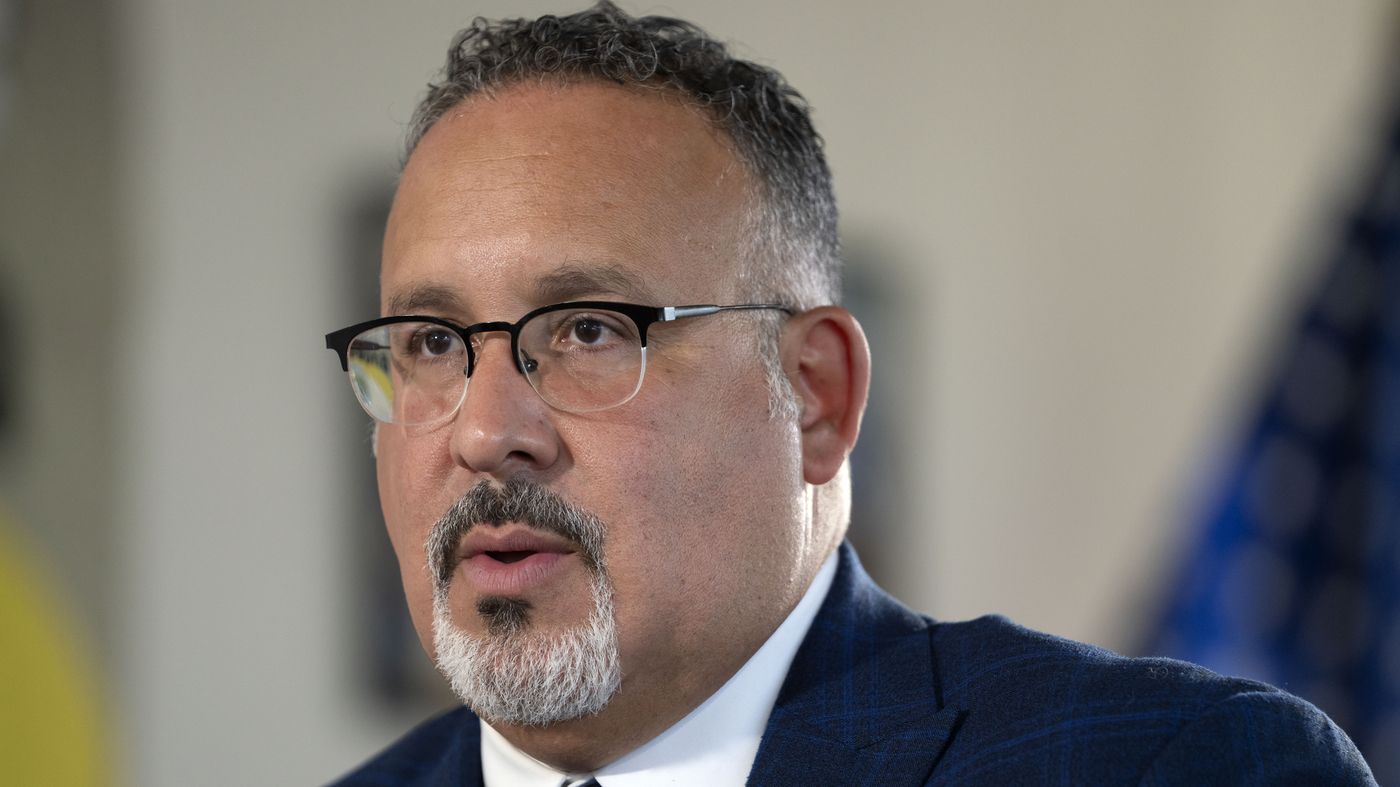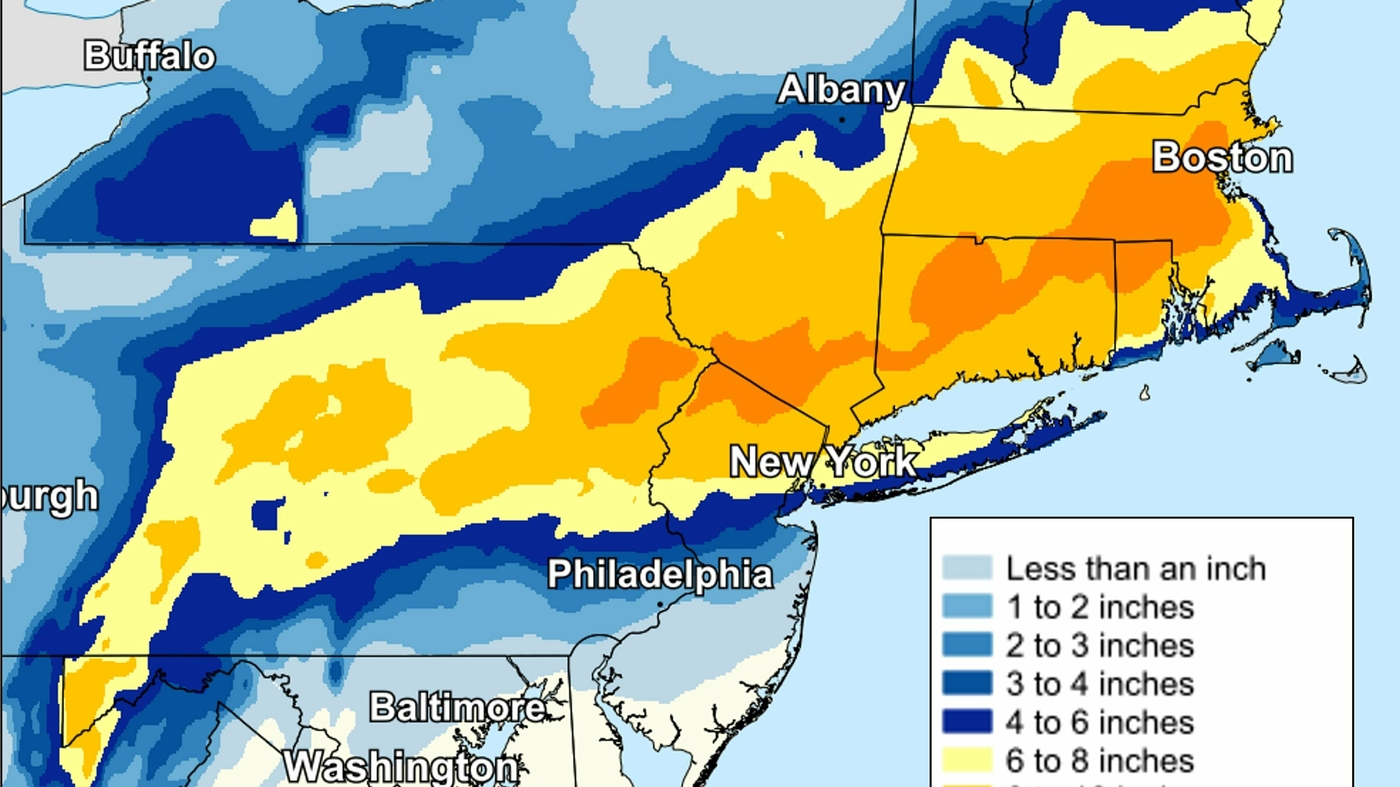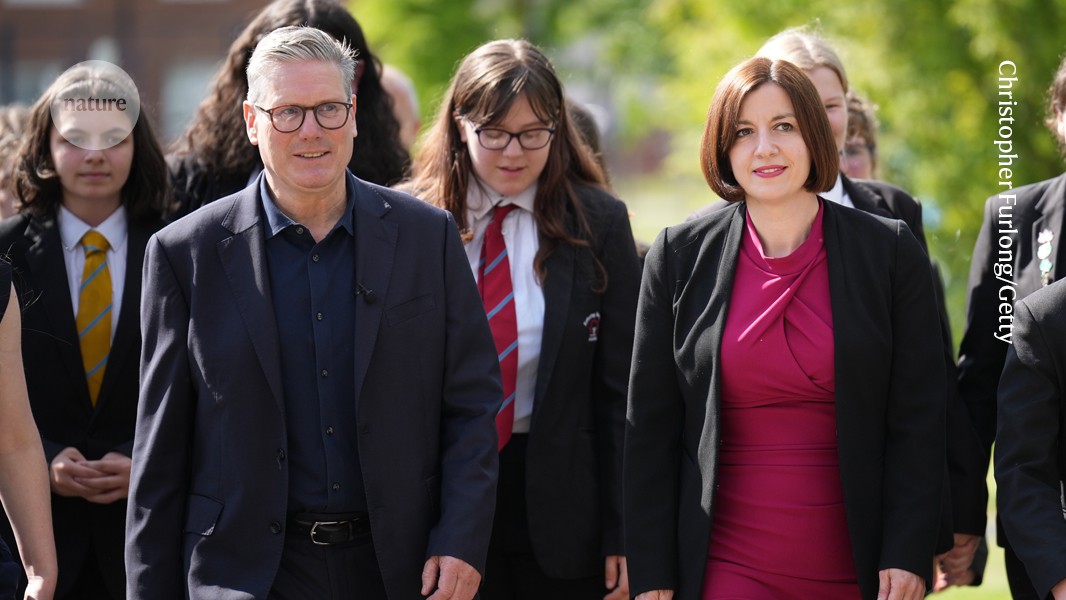Campuses of Students for Justice in Palestine, a network of student chapters, and accusations about antisemitism in the wake of the war in Israel
The federal government opened investigations into Columbia, Cooper Union and Cornell because of complaints about antisemitic and Muslim harassment in the wake of the war in Israel.
Cornell University canceled classes for a day after a student was charged with making violent antisemitic threats. Gov. Kathy Hochul was on the campus earlier this month to condemn the threats. Cornell officials declined to respond to a request for comment.
The US Department of Education opened inquiries into Wellesley College, the University of Pennsylvania, and the Maize Unified school district in Kansas since the beginning of the war.
“Hate doesn’t belong in our schools, period,” Secretary Cardona said. Schools should ensure safe and inclusive educational environments where everyone is free to learn when students are targeted for being perceived to be Jews, Muslims, Arab, Sikh, or any other ethnic group.
The network of chapters of Students for Justice in Palestine are by design, unlike many national campus groups. There are no national headquarters or leaders. There is a national student steering committee, but it is anonymous. The group has never registered as a nonprofit, and it has never had to file tax documents.
The flat structure has raised concerns amongst pro-Israel groups that the network is driving antisemitism on campuses, often with little accountability. A 2016 report from the Cohen Center for Modern Jewish Studies at Brandeis asserted that the presence of a chapter on a campus was “one of the strongest predictors of perceiving a hostile climate toward Israel and Jews.”
The Biden administration opened the investigations as part of “efforts to take aggressive action to address the alarming nationwide rise in reports of antisemitism, anti-Muslim, anti-Arab and other forms of discrimination,” according to a news release published by the Office for Civil Rights.
Catherine E. Lhamon, assistant secretary of education for civil rights, said that the appearance of a school on the list does not “reflect a conclusion that the law has been violated.”
Antisemitism at the New York Police Station and at the Brooklyn Center for the Study of War Crime: A State of the Art and a Cold War
The conflict over the war has been particularly bitter in New York, which is seeing almost daily demonstrations. There were more hate crimes in October than there were in October of last year. The number of antisemitic incidents tripled.
At Cooper Union, a clash between opposing students that took place in a library where Jewish students had moved from became part of the national conversation about the war. There were no arrests or summonses as a result of the incident, the police said.
Ben Chang said that the university had received notification from the civil rights office and would comply with any investigation.
Columbia announced a task force on antisemitism and a group to support individuals whose personal information has been posted online.
And the University of Pennsylvania was already dealing with a backlash over a Palestinian literary conference it hosted before the war broke out. Since then, the campus has been beset by complaints from different sides.
On Wednesday, N.Y.U. announced it would create a Center for the Study of Antisemitism. And John Beckman, a spokesman for N.Y.U., said Wednesday that the claims made in the suit were inaccurate. N.Y.U. was not listed one of the institutions the federal agency is investigating.



